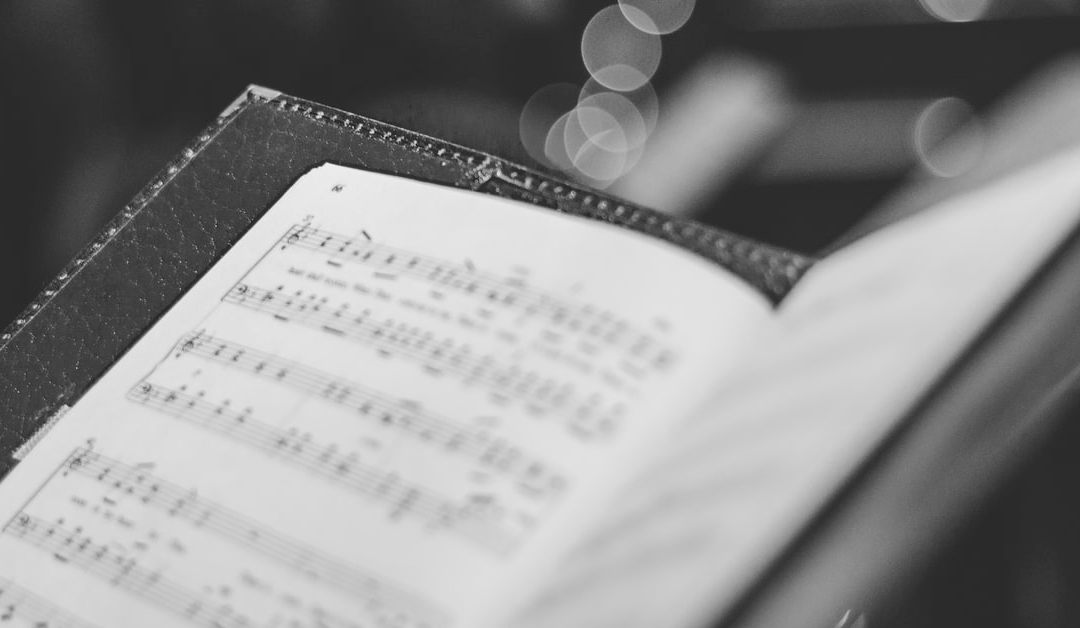For the most part, I like reading C.S. Lewis, and quote him often, but there is one point on which we almost wholly disagree, and that is on the topic of congregational singing:
“What we want to know is whether untrained communal singing is in itself any more edifying than other popular pleasures. And of this I, for one, am still wholly unconvinced. I have often heard this noise; I have sometimes contributed to it. I do not yet seem to have found any evidence that the physical and emotional exhilaration which it produces is necessarily, or often, of any religious relevance. What I, like many other laymen, chiefly desire in church are fewer, better, and shorter hymns; especially fewer.” – Christian Reflections, Page 96.
I have been a leading worship here in NL for about 15 years, and I have a strong preference for singing in church. My decision to follow Christ was a direct result of reflecting on the experience of the presence of God while singing. I was called into ministry amidst 1500 young people at Mount Pearl Glacier singing, “Lord You Have My Heart.” Throughout ministry, I have seen God working through congregational singing to bring healing, soften hearts, and to cultivate an awareness of the ever-present, ever-knocking Holy Spirit.
For these reasons, I would only agree with Lewis on the point of wanting better hymns – ok, maybe sometimes shorter too – I don’t love long bridges. But I will find it difficult coming back to church and having to hum along with the worship team. Singing is a biblically endorsed worship form which I love and long for. If my home church pastor reads this, maybe he will take pity on me and ask me to sing on the worship team in the coming weeks.
I hope that government restrictions on singing lift soon, whether that is because a vaccine or effective treatment is deployed, or the epidemiology eventually rules out singing as a high-risk activity. But until then, my soul will certainly not be silent. If anything, my soul is already humming with expectation to see how the Holy Spirit sovereignly chooses to move among us in the absence of singing. I suspect that we will experience God in ways our bodies, minds and souls will not be used to, and that is truly exhilarating to contemplate.
Will there be a reawakening of a sense of awe? Some of the most profound experiences of worship in my memory have been times when the preaching was finished, and hearts were so rent that the musicians were not able to play. Instead, people quietly knelt or sat where they were, almost afraid to move because of the sense of being on Holy Ground (something like we read in 2 Chronicles 5:14).
Will there be a renewed hunger and thirst for the Word of God? Will believers begin to take Bible and notebook and pencil to church again? Will humming sometimes be replaced with time to dwell in the word, to meditate on it, journal it, discuss it, respond to it, and imagine ourselves within the narrative? (Let’s not forget that Colossians 3:16 begins with the words, “may the word of Christ dwell in you richly…”)
Will the other senses/responses be heightened when this form is less used? Will our desire to worship without singing spill over into how we give, encourage one another, remain open to knowledge, wisdom, prophecy, and other spiritual gifts, show hospitality and concern for the poor, respond to the word, raise our hands and use our whole bodies to worship, receive his peace and joy and healing, laugh and weep, dance and repent? (Read Romans 12 for the context of all this hope).
Will we follow the pattern of 1 Corinthians 14:26 and come prepared to bring something with us to offer in worship, like Matt Redman’s church did during the “Heart of Worship” era?[1] I am confident of all of these things, and excited to see what God will do with our willing hearts as we bring the sacrifice of praise into the house of the Lord (Jeremiah 33:11).
I want to sing, but in its absence, my soul will not be silent.
[1] https://www.crosswalk.com/church/worship/song-story-matt-redmans-the-heart-of-worship-1253122.html


“Will the other senses/responses be heightened when this form is less used?“ I love this thought!! Great word bro